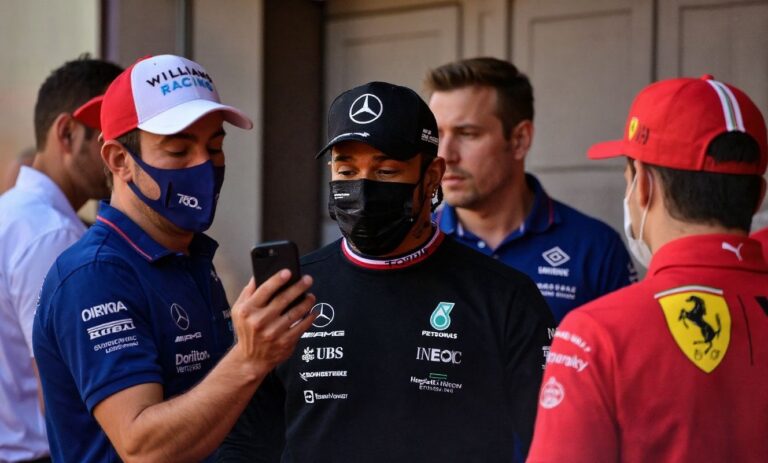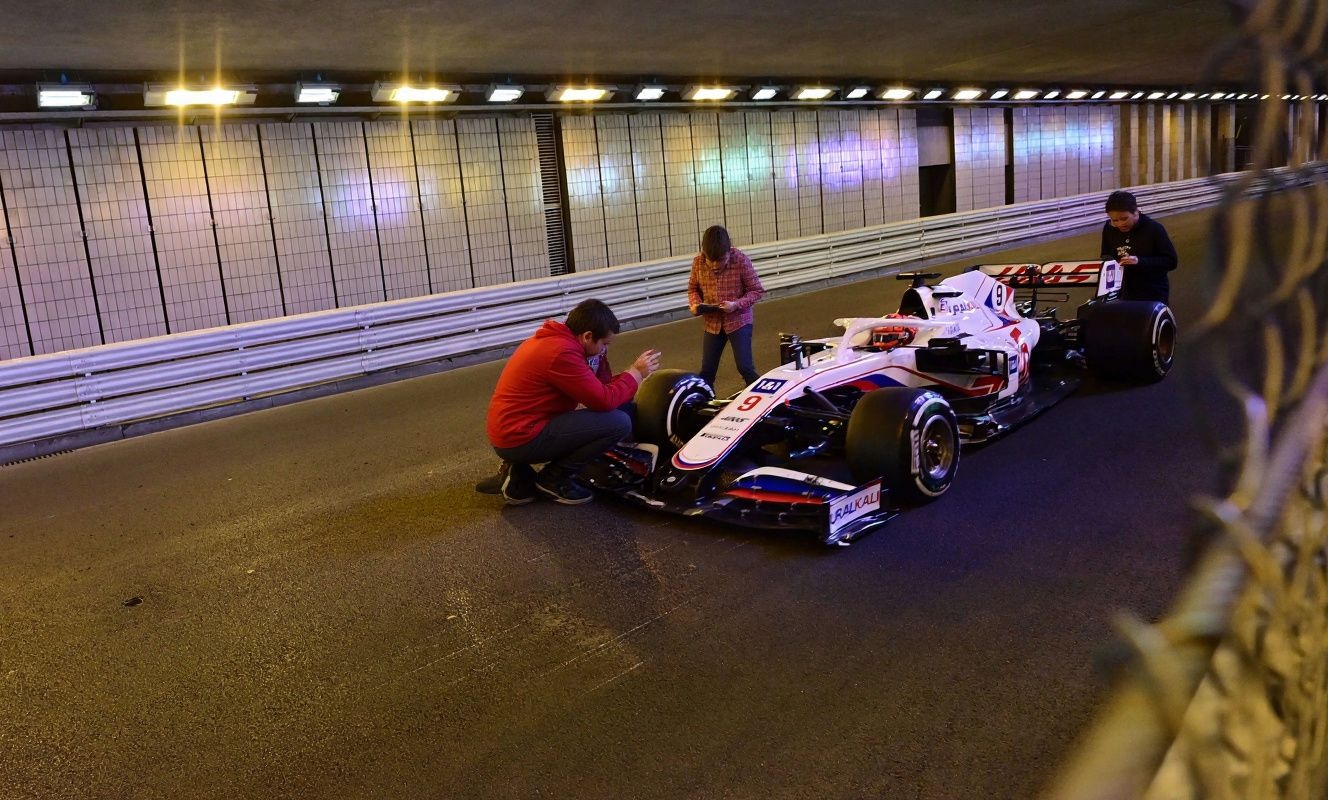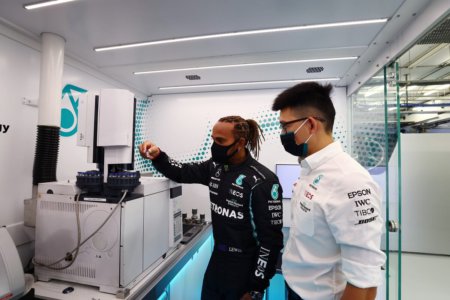
We often mistake drivers to be the key to Formula One victories. Neither Lewis Hamilton nor Michael Schumacher are the true masters of F1. Instead, it’s the engineers who are the main ingredients of each team’s formula to success. It is this focus on engineering — as well as science, technology and maths — that defines F1 in Schools.
The mission of this international challenge is to change the perceptions of STEM by leveraging the magnetism of F1 to pupils aged nine to 19. For this multidisciplinary challenge, students team up to deploy CAD/CAM (computer-aided design and manufacturing) software to collaborate, design, analyse, manufacture, test, and then race miniature compressed air-powered cars made from F1 model block. Fusing physics, aerodynamics, and design, to name a few, it stimulates and challenges students in a practical, imaginative, competitive and exciting way.
Below we take a deeper look into F1 in Schools:
To apply
F1 in Schools is offered in every region, in every country, on every continent. To register for a regional final in a country (look at the map for participating schools), students need to obtain an enrolment code from F1 in Schools Ltd. by filling out the form on this page.
What students do
First, they’ll need a name for their team of three to six people. Roles in the team should include a team manager, a manufacturing engineer, a design engineer, a graphic designer and a resource for regional finals.
Students have to prepare a business plan, develop a budget and raise sponsorship.They’ll be encouraged to collaborate with the industry players in their country as well as to create business network contacts. Next, they will design their car, analysing the aerodynamics using your team members that excel in CAD/CAM skills. After building it, it’s time to submit it to the judges, which will then lead to the final challenge … racing!
Benefits
There are plenty. Firstly, it teaches children advanced problem-solving strategies using hands-on and practical experience. Another perk is when children gain these skills and knowledge from young, they are found to have increased confidence later on in life.
 This competition teaches children advanced problem-solving strategies using hands-on and practical experience. Source: Andrej Isakovic
This competition teaches children advanced problem-solving strategies using hands-on and practical experience. Source: Andrej Isakovic
How fast?
Although the Infinite Racing team from Greece picked up the prestigious Bernie Ecclestone trophy in the 2016 F1 in Schools World Finals, the Australian team snagged the best time on the 20 metre track. The team Infinitude earned the F1 in Schools World Record of 0.916 seconds and came in second place with Germany’s Endeavour team in third.
F1 in Schools 2019 winners
In 2019, the F1 in Schools World Championship took place in the Yas Marina Circuit in Abu Dhabi where team Evolve from the UK bagged first place. Second place was Fusion from Germany followed by Aflex Hose Centurion Racing from the UK in third. The award for fastest car went to Arrow Racers from Greece.










